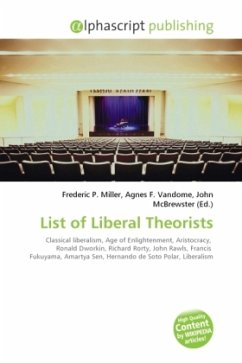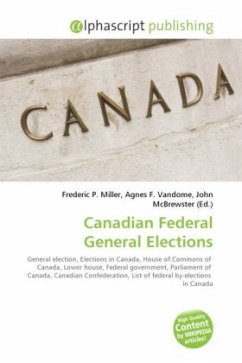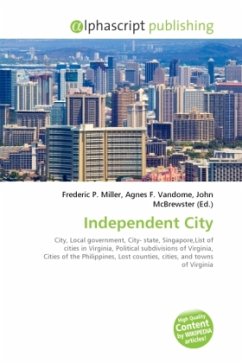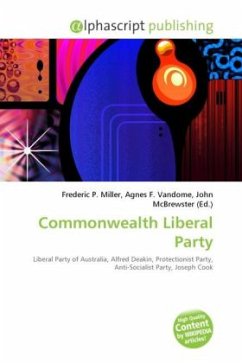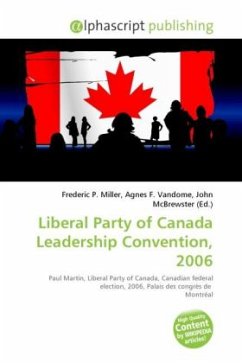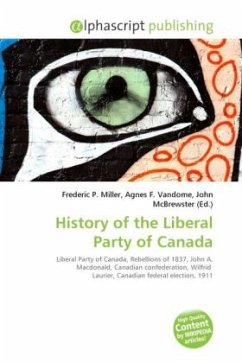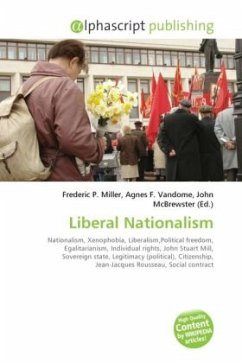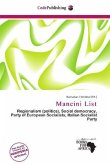Individual contributors to classical liberalism and political liberalism are strongly associated with philosophers of the Enlightenment. Liberalism as a specifically named ideology begins in the late 18th century as a movement towards self-government and away from aristocracy. It included the ideas of self-determination, the primacy of the individual and the nation, as opposed to the family and the state, as being the fundamental units of law, politics and economy. Since then liberalism has broadened to include a wide range of approaches from Americans Ronald Dworkin, Richard Rorty, John Rawls and Francis Fukuyama as well as the Indian Amartya Sen and the Peruvian Hernando de Soto. Some of these people moved away from liberalism, while others espoused other ideologies before turning to liberalism. There are many different views of what constitutes liberalism, and some liberals would feel that some of the people on this list were not true liberals. It is intended to be suggestive rather than exhaustive. Theorists whose ideas were mainly typical for one country should be listed in that country's section of liberalism worldwide.
Bitte wählen Sie Ihr Anliegen aus.
Rechnungen
Retourenschein anfordern
Bestellstatus
Storno

